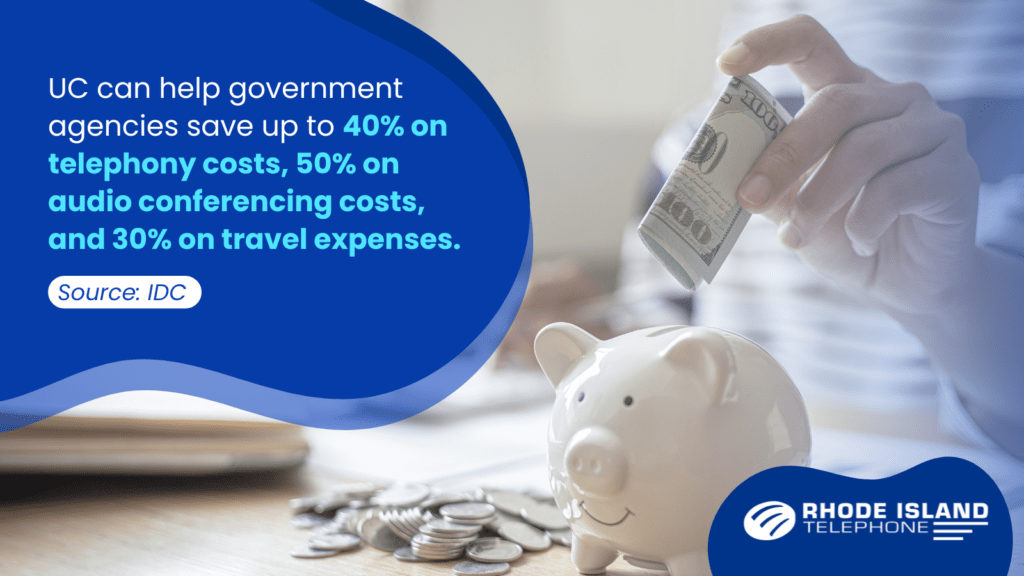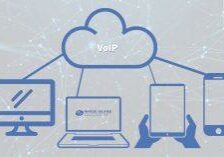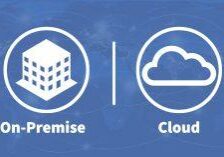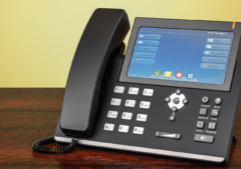
Communication within state and local governments is an essential aspect of serving in the best interest of its constituents, but choosing the right tools and one of the many government phone service providers for that communication comes with certain challenges. It’s a delicate balancing act between fostering open communication and safeguarding sensitive data, and it’s even more difficult to do while grappling with constrained budgets and potentially outdated technology. Below, we will detail the importance of modern phone systems and the features that Unified Communications comes with to keep communication secure and available.
Unified Communications and Government Agencies
Unified Communications is the integration of multiple enterprise communication tools like phone calls, video conferencing, and instant messaging into a single, streamlined interface. Government agencies must communicate with their constituents to foster trust, transparency, and accountability. Delays and inefficiencies can erode public trust. The right phone system enables seamless communication that ensures constituents’ concerns are heard and addressed promptly. It also helps officials gather constituent feedback efficiently. According to a report by Market Research Future, the global UC market for the government sector is expected to reach $41.7 billion by 2025.
The Benefits of Unified Communications on Government Communications
Choosing the right government phone service provider and the right unified communication system for your agency yields many benefits. Let’s talk through a few.
Better Communication with Constituents
Unified Communications allows you to transcribe voicemails into text, ensuring efficient handling of constituent messages. Single-number reach consolidates various contact points, simplifying access for teams whose responsibility it is to respond to those messages.
Increased Employee Productivity
UC has tools for collaboration, file sharing, and remote meetings to make cooperation more accessible and empower government teams to collaborate effectively, regardless of physical location.
Reduced Communications Costs
Government agencies often face budget constraints, limiting their ability to invest in technology upgrades. Outdated systems not only impede progress but also drive high maintenance costs.

Accessibility and Inclusivity
Unified communications platforms champion inclusivity with features like closed captioning in meetings to facilitate participation for individuals with hearing impairments. Compatibility with assistive technologies ensures accessibility for users with disabilities. These tools enable communication and foster an environment where all constituents can engage equally.
Data Analytics and Decision-Making
Unified communications systems serve to store large amounts of data. Analyzing this data can help you to discover insights into how your agency operates. By studying communication patterns and feedback from constituents, officials can make informed decisions.
Disaster Recovery and Continuity Planning
When it comes to the unexpected, unified communications systems play a vital role in maintaining government operations. These systems provide essential redundancy and failover options, ensuring communication channels always remain functional. They enable remote work capabilities, allowing government officials to operate even in challenging situations.
Security and Compliance Measures in Unified Communications
Unified communications systems prioritize data security through robust encryption protocols and compliance measures like GDPR and HIPAA. They standardize and safeguard sensitive government information in order to prevent potential data breaches and maintain the integrity of government communications.
Overcoming Resistance to Technology Adoption
Introducing new government phone service providers and implementing a new phone may come with resistance. Strategies to overcome these obstacles involve comprehensive staff training programs to familiarize employees with new tools. Highlighting the long-term benefits of modernizing communication infrastructure, such as increased efficiency and improved constituent services, can encourage adoption.
Meeting Government Communication Challenges with Unified Communications
Unified communications is the solution to the communication challenges faced by government agencies. These systems offer a wide range of benefits, including better access for constituents and smoother internal collaboration. By adopting UC systems that are offered by government phone service providers, governments can improve internal and external communication, enhance transparency, and improve services. This integration fosters a more connected and responsive relationship between government officials and the public they serve.
With a reputation for reliability and innovation, Rhode Island Telephone stands out among government phone service providers by empowering businesses by delivering unmatched connectivity, fortified security measures, and a suite of comprehensive communication services. We are a partner to government agencies and are ready to help support any upgrade of your communications technology. Contact us to get started. If you also want to learn more about how to switch to a cloud-based phone, download our eBook today!




